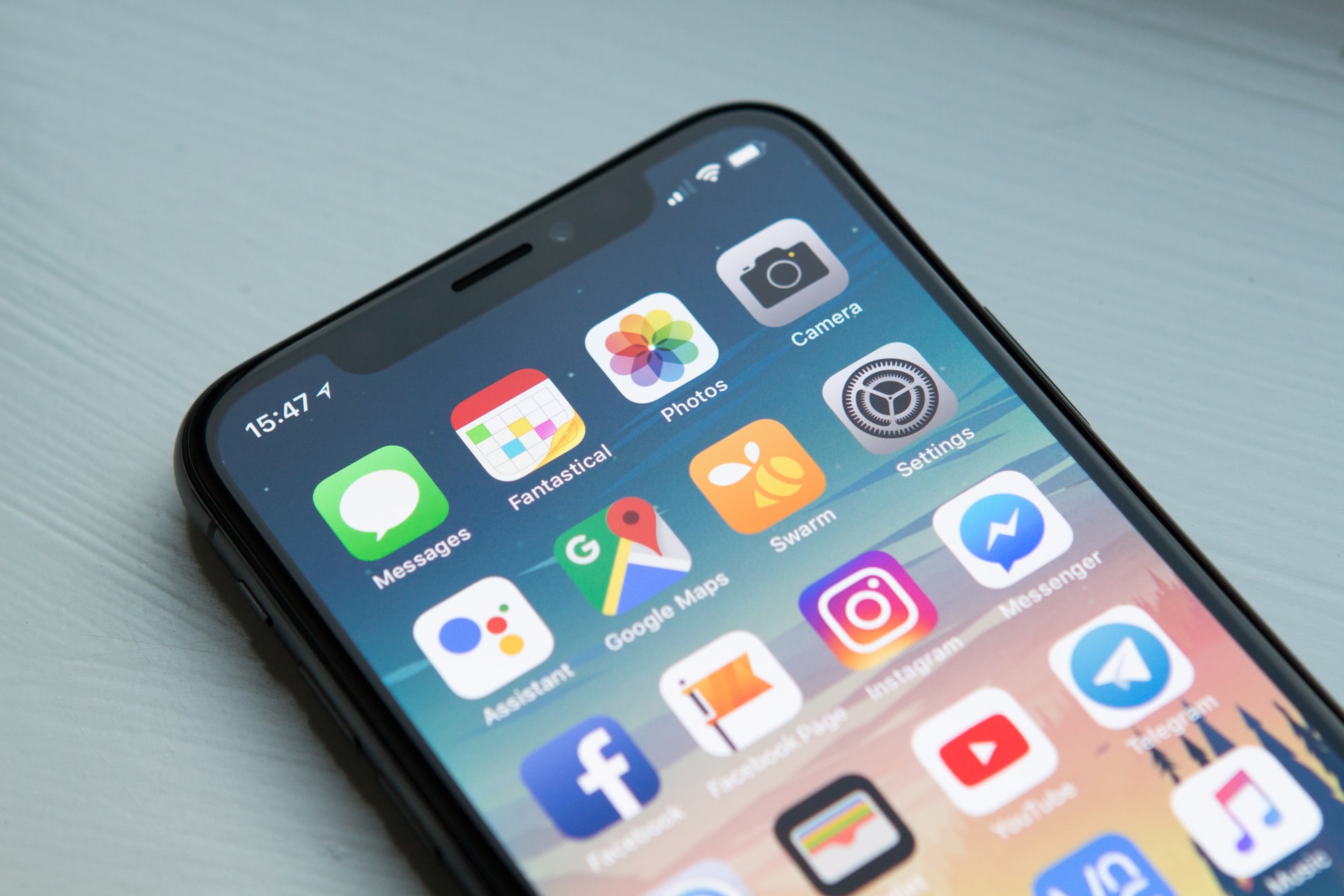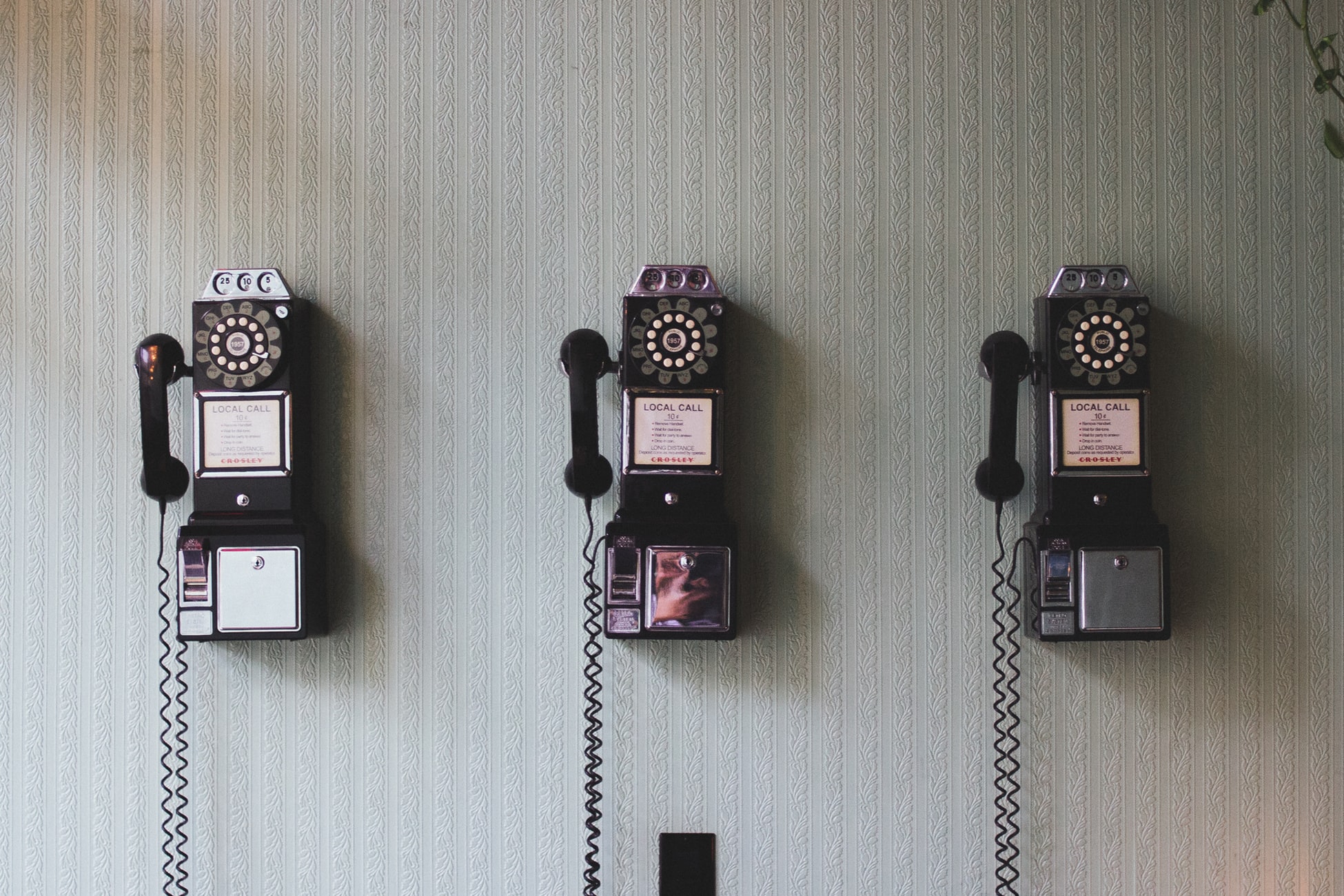DISNEY+
Disney is on fire. They have owned the box office for the last couple years, with 2018 worldwide sales being $7 billion. This year sales are expected to be higher thanks to an amazing lineup featuring Captain Marvel, Avengers Endgame, Aladdin, Toy Story 4, The Lion King and later this year Frozen 2 and Star Wars IX.
Building on that momentum, on November 12, Disney+ launches, which will rock the streaming world as we know it. Disney, Marvel, Star Wars, Nat Geo and Pixar programming will now be centrally located within this streaming service. At D23 (the official Disney Fan Club and named after 1923, the year Walt Disney founded the company) the stars came out and discussed the launch. A ton of new content is coming: Star Wars spinoff the Mandalorian, Marvel She-Hulk, Marvel Moon Knight, The Falcon and The Winter Soldier, WandaVision, Loki, and What If?, live action Lady and the Tramp and Obi-Wan TV series are just a few highlights. And more to come….
Comic-Con Chicago
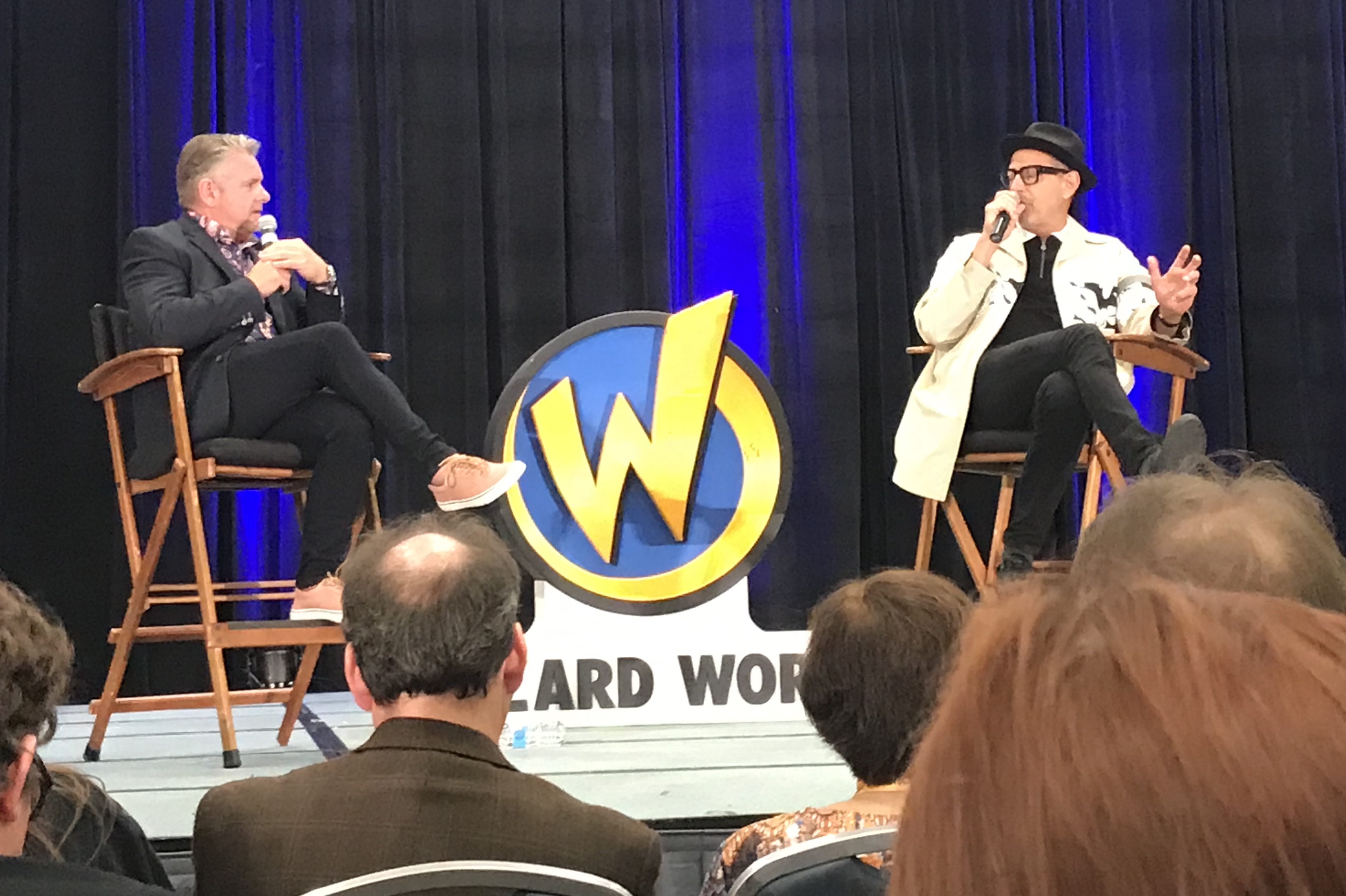
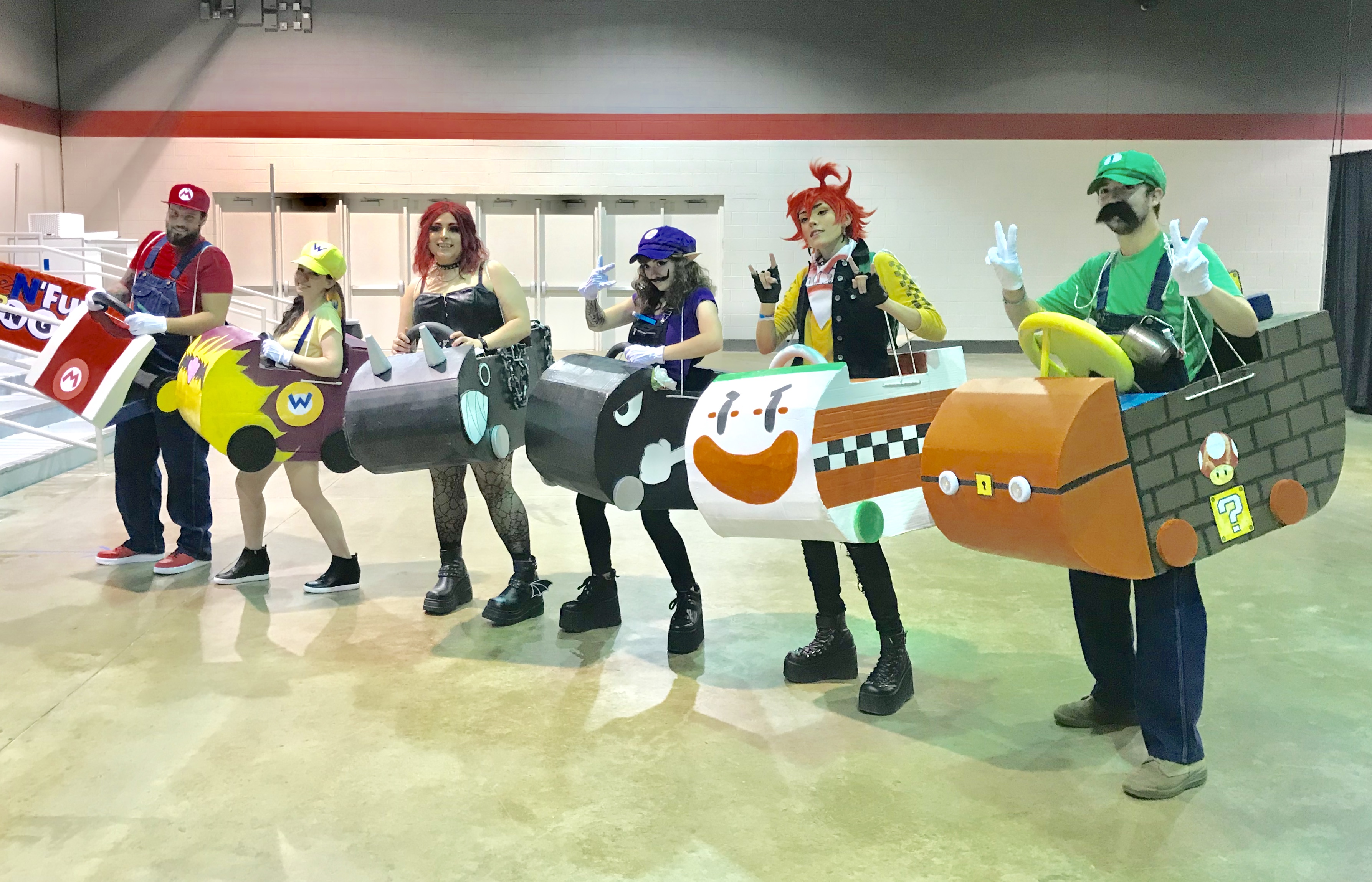
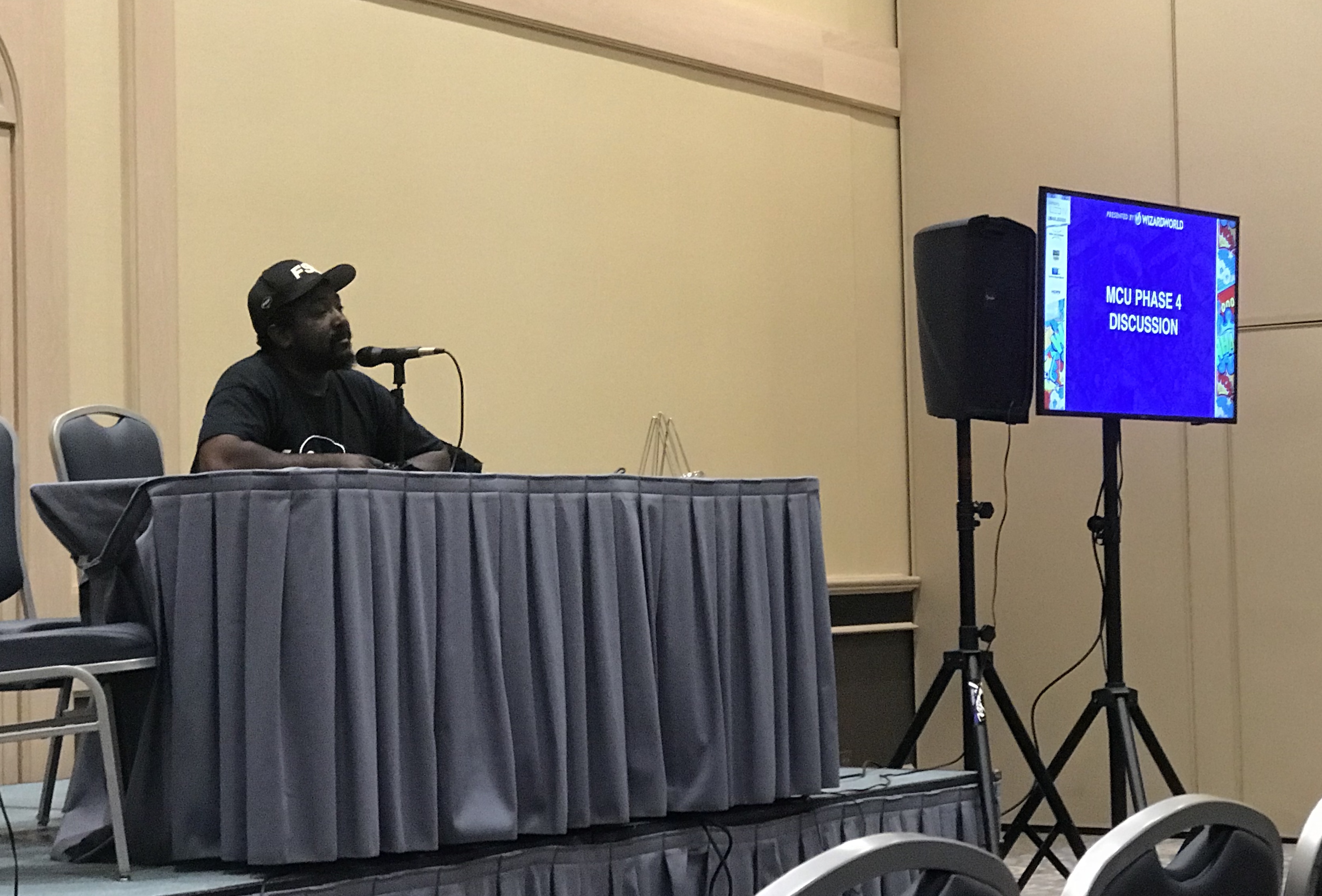
On the heels of Disney+ convention was Comic-Con Chicago last week as well, which I had the pleasure of attending. Disney+ was a hot topic given the Marvel connection. Stars came straight from Disney23 convention like Jeff Goldblum. He’s launching a new series on Disney+ called The World According to Jeff Goldblum. Comic creators, like Mike Watson, speculated on the impact of the move to Disney and where the Marvel franchise is going coming off the Marvels EndGame. Several theorized that women heroes will become the primary focus like the Captain Marvel movie. Another hot topic was what the impact will be to Spiderman, with Sony (Spider Man rights holder) and Disney supposedly not getting along. The concern is Spiderman not being in future Marvel films. I assume money wins and they will figure out a solution.
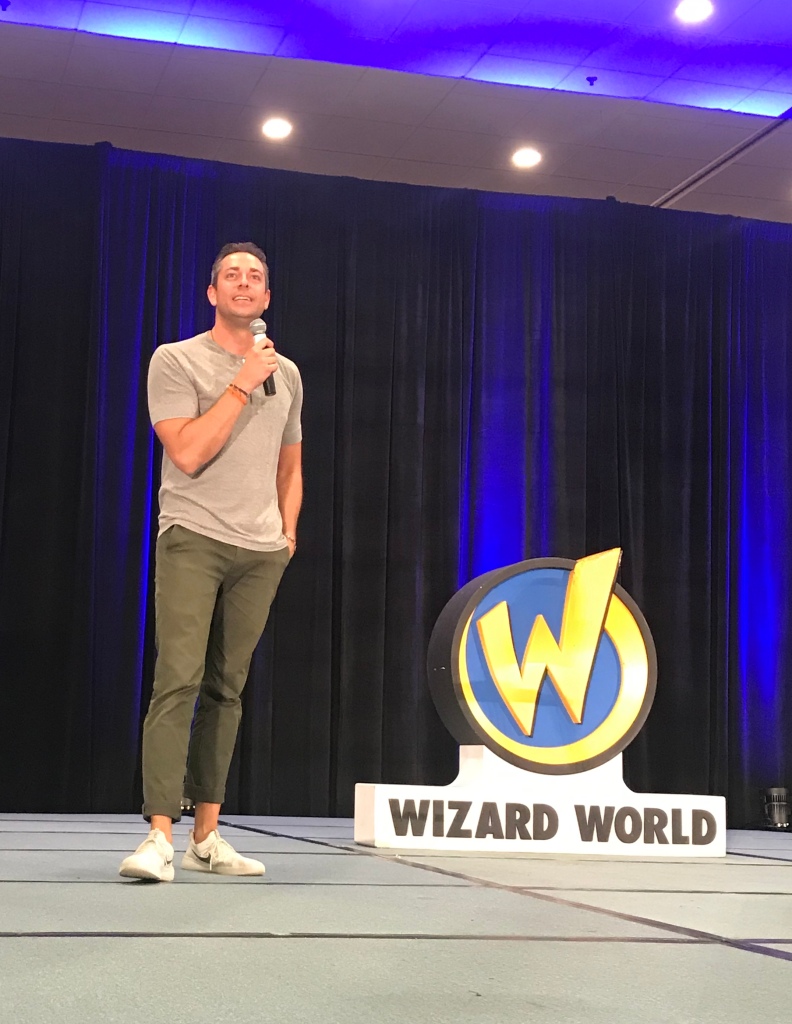
Given that this was my first Comic-Con, I wasn’t sure what to expect. But it was actually a lot better than what I was envisioning, with the highlight being Zachary Levi, most recently the star of Shazam. He had an open ended, fan Q&A session where nothing was off limits. He touched on being typecast from the Chuck series, how he loves the Shazam role (being able to play a 14-year old kid who turns into a super hero), to his struggles in his personal life. At one point he got choked up and was very genuine. The audience appreciated his openness.
If you have debated attending a Comic-Con, I’d recommend going. Chicago is smaller than the main one in San Diego but still a ton to do – talented artists with amazing illustrations, anything and everything comic related for purchase to Q&A, trivia and meet and great of celebrities – from Rookie of the Year to WWE wrestlers, to this one having John Travolta (ha).
Some topics and stars don’t have a natural tie in to “comics” but just shows you how this comics are no longer just a niche, it has truly crossed over to mainstream. And here to stay.
Impact on our Space
The importance of Disney will only grow as they become bigger streaming content creators. If there is anyone who knows how to do content, it’s Disney so I am fully confident they will be successful. The impact to Netflix is already ongoing, losing several series that were unique to Netflix. And their stock price is trending down as of the last several months. It will be interesting to see their response as well as consumers – will people now pay for both, drop Netflix for Disney+. It will especially be interesting to watch what parents do as Disney+ is not going to have programming higher than PG-13. Also, the impact to ESPN+ and Hulu connections all being figured out as well.
As the streaming space continues to become more and more fragmented (Netflix, Amazon, Hulu, and now Disney+) and still some favoring traditional cable, what is the breaking point?





